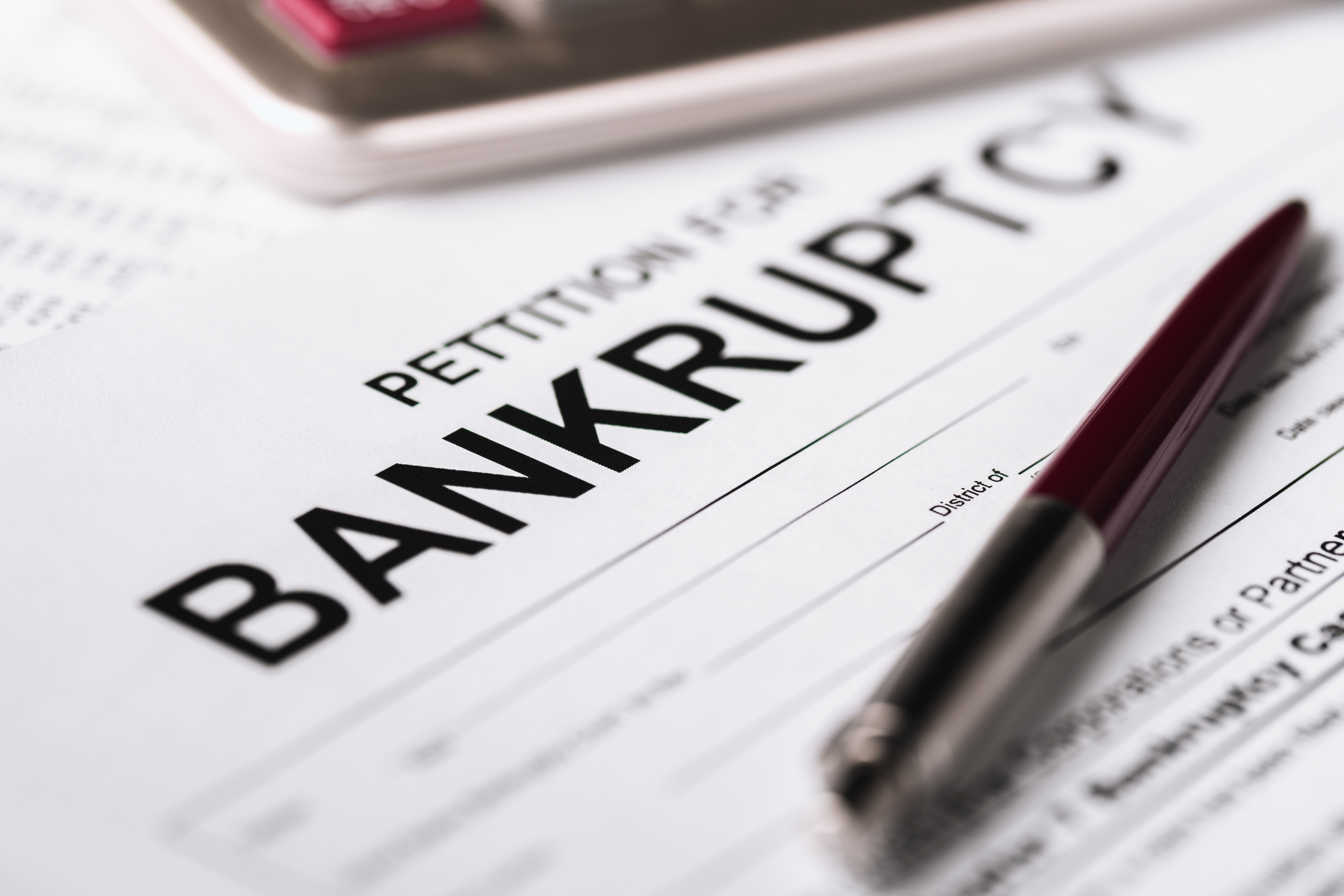
In the recent case Fair Work Ombudsman v CFMMEU (2023), the Construction, Forestry, Maritime, Mining and Energy Union (CFMMEU) was prosecuted for organising an unlawful stoppage at a construction site. The case was heard by the Federal Court and raised the question as to when work stoppages in response to health and safety issues are lawful.
Context – Relevant Legislation
Industrial action can take several forms, but it usually involves some form of work stoppage. Under the Fair Work Act 2009 (Cth) (‘FW Act’), industrial action by employees is unlawful unless it is protected. For industrial action to be protected, several requirements must be met, including that the purpose for the action taken by employees must relate to enterprise bargaining. If a work stoppage is not protected, both employees and any union involved will be liable. Under the FW Act, industrial action does not include action by an employee if it was based on a reasonable concern about an imminent risk to their health or safety. Furthermore, the employee must not have unreasonably failed to comply with a direction of their employer to perform other work that was safe and appropriate to do.[1] If both these requirements are met, the work stoppage will not be unlawful.
Outcome of The Case
In Fair Work Ombudsman v CFMMEU, the CFMMEU had organised a work stoppage at a construction site and was being prosecuted on the basis that this stoppage was unlawful. Initially the CFMMEU defended the claim on the basis that a health and safety representative (HSR) had issued a direction to stop work because of bullying conduct by an on-site manager. However, the Court found that the actual reason for the direction was a genuine concern relating to the fire hydrant booster assembly for the site, which would create a risk for workers’ health and safety in the event of a fire.
The question then became whether that concern was reasonable in relation to an imminent risk to their health or safety. The Court accepted that the risk of a fire was a hazard and that a reasonable person would consider that in the event of a fire, there was a risk the fire would spread throughout the site. It was also accepted that the restricted access to the booster assembly and the absence of hose reels meant that if a fire broke out, firefighters would be impaired in their ability to extinguish the flames.
However, the Court found that a reasonable person would not consider that there existed an immediate or imminent exposure to a hazard that would pose a serious risk to workers’ health or safety. In this context, ‘seriousness’ concerns the probability that the risk will manifest and the gravity of the potential consequences of this occurrence. The Court found the risk was low. The work stoppage therefore amounted to unlawful industrial action.
Key takeaways
The ceasing of work due to a concern about a risk to health or safety may, in some circumstances, fall within the exceptions to the meaning of industrial action. However, the exposure to this risk must be reasonably imminent or immediate for a work stoppage to be found lawful. To understand how this consideration may impact your operations, please do not hesitate to contact Daniel Morgan (daniel@morganegnlish.com.au) and the Workplace team today.
[1] Fair Work Act 2009 (Cth) s.19(2).


